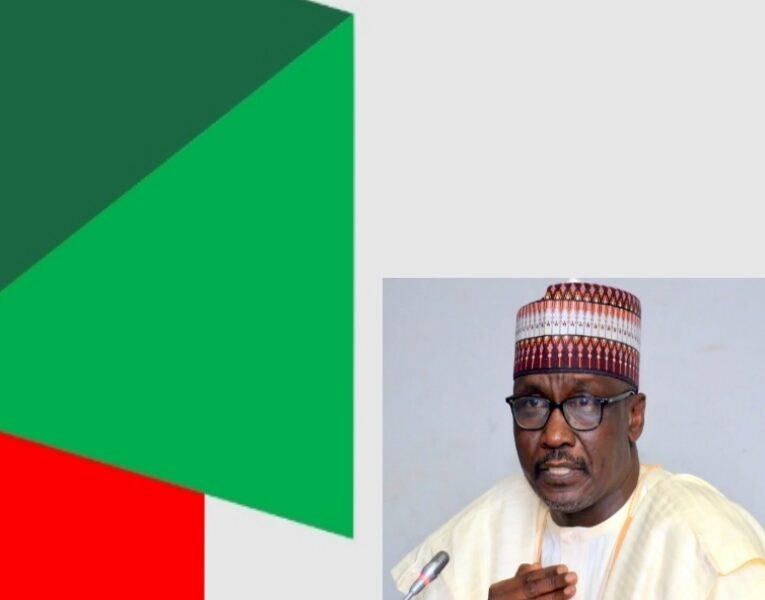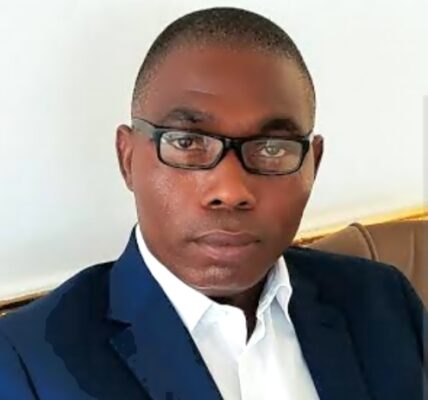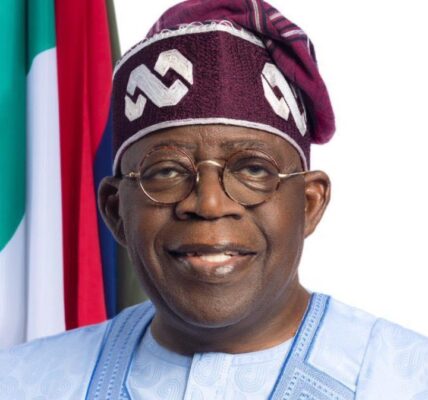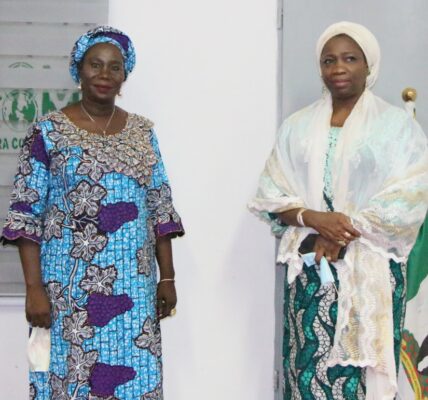Nigeria’s $3bn Refinery Scandal: Sacked MDs Arrested, N80bn Discovered, Kyari, 13 Others Face EFCC Probe
This post has already been read 2173 times!
A deepening corruption scandal has rocked Nigeria’s oil industry as the Economic and Financial Crimes Commission (EFCC) arrested the recently sacked managing directors of the Port Harcourt, Warri, and Kaduna refineries over allegations of mismanaging nearly $3 billion in rehabilitation funds.
Sources revealed that $1,559,239,084.36 was allocated to the Port Harcourt Refinery, $740,669,600 to the Kaduna Refinery, and $656,963,938 to the Warri Refinery—funds that are now under intense investigation amid suspicions of embezzlement and fraud.
One of the most shocking findings so far is the discovery of N80 billion in the personal bank accounts of one of the sacked MDs, according to a top Nigerian National Petroleum Company Limited (NNPCL) insider who spoke anonymously.
The arrested ex-MDs include Ibrahim Onoja (Port Harcourt Refining Company) and Efifia Chu (Warri Refining and Petrochemical Company), with multiple top officials also taken into custody.
Deception and Declining Performance
The arrests come amid public frustration over the poor performance of Nigeria’s refineries despite heavy investments. The Warri refinery resumed operations in December 2024 but was abruptly shut down within a month due to safety concerns with its Crude Distillation Unit Main Heater.
The Port Harcourt refinery, which was declared operational in November 2024 following a $1.5 billion rehabilitation, has been running at less than 40% of its capacity, far below the promised 70-90% output.
Critics and sector experts have condemned NNPCL for misleading Nigerians with exaggerated claims of refinery productivity, even as the facilities remain underperforming or dormant.
Kyari, 13 Senior NNPCL Officials Under Investigation
The EFCC probe has expanded to include the former Group Chief Executive Officer of NNPCL, Mele Kyari, and 13 other top former executives. A confidential EFCC document dated April 28, 2025, confirmed their inclusion in an investigation into alleged abuse of office and misappropriation of funds.
The list of those under probe includes Abubakar Yar’Adua, Isiaka Abdulrazak, Umar Ajiya, Dikko Ahmed, Ademoye Jelili, Mustapha Sugungun, Kayode Adetokunbo, Efiok Akpan, Babatunde Bakare, Jimoh Olasunkanmi, Bello Kankaya, and Desmond Inyama.
In a letter addressed to the NNPCL’s current management, the EFCC requested certified records of the emoluments and allowances of these officials, including those who have since retired.
Efforts to reach the EFCC spokesperson, Dele Oyewale, for comment were unsuccessful as of press time.
Behind the Curtain: Empty Promises and Operational Failures
Despite official fanfare, multiple investigations have exposed the poor state of Nigeria’s refineries. A Nigerian Midstream and Downstream Petroleum Regulatory Authority report confirmed that the Warri Refinery had been shut down since January 25, 2025, contradicting NNPCL’s claims of ongoing production.
The refinery, which consumed $897.6 million in maintenance costs, failed to produce petrol and was forced to halt operations due to critical faults in its main heating unit. Meanwhile, marketers complained that they have been unable to lift products from the plant, with no fuel trucks seen entering or leaving the premises during recent visits.
The Port Harcourt Refinery has similarly struggled, averaging just 42.23% operational capacity despite assurances of improved performance.
Strike Threat Looms Over Warri Refinery
Adding to the refinery’s woes, support staff at the Warri Refinery have announced an indefinite strike beginning Monday, May 5, 2025. The strike, led by workers protesting casualisation, poor wages, and lack of benefits, threatens to derail the planned restart of critical units, including the crude and vacuum distillation plants.
Dafe Ighomitedo, a representative of the striking workers, explained that promises made since 2015 to improve working conditions have not been fulfilled, despite assurances tied to the refinery’s relaunch.
“The strike was delayed in 2022 because of community appeals, but this time we are going ahead. We’ve waited long enough,” Ighomitedo said.
A Growing Crisis in Nigeria’s Oil Sector
The unfolding scandal has intensified calls for accountability and reform in Nigeria’s oil industry, raising urgent questions about transparency and the fate of the country’s state-owned refineries.
ABUJA BUSINESS REPORTS NEWSPAPER & MAGAZINE







